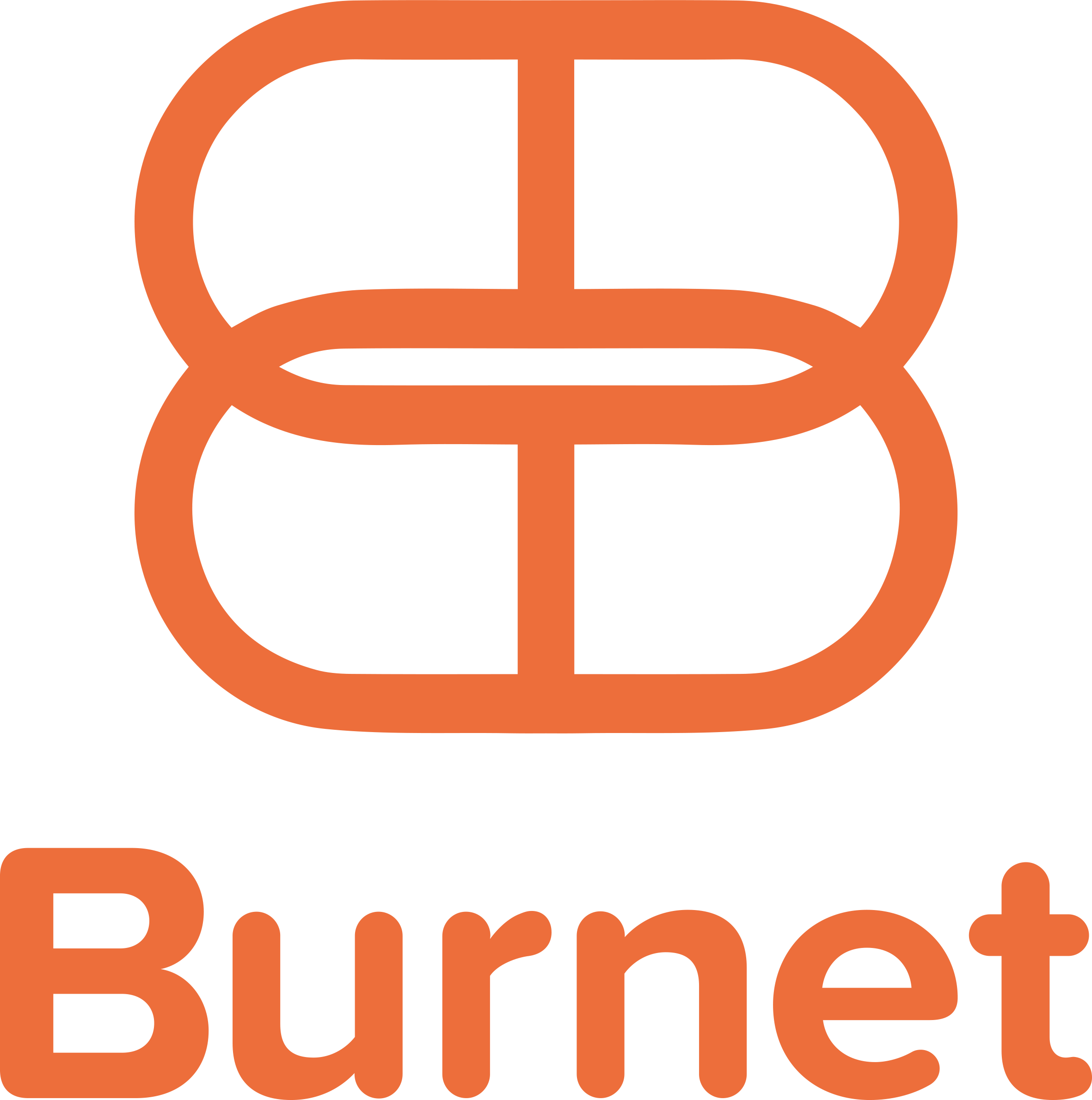Reconciliation (COPY)
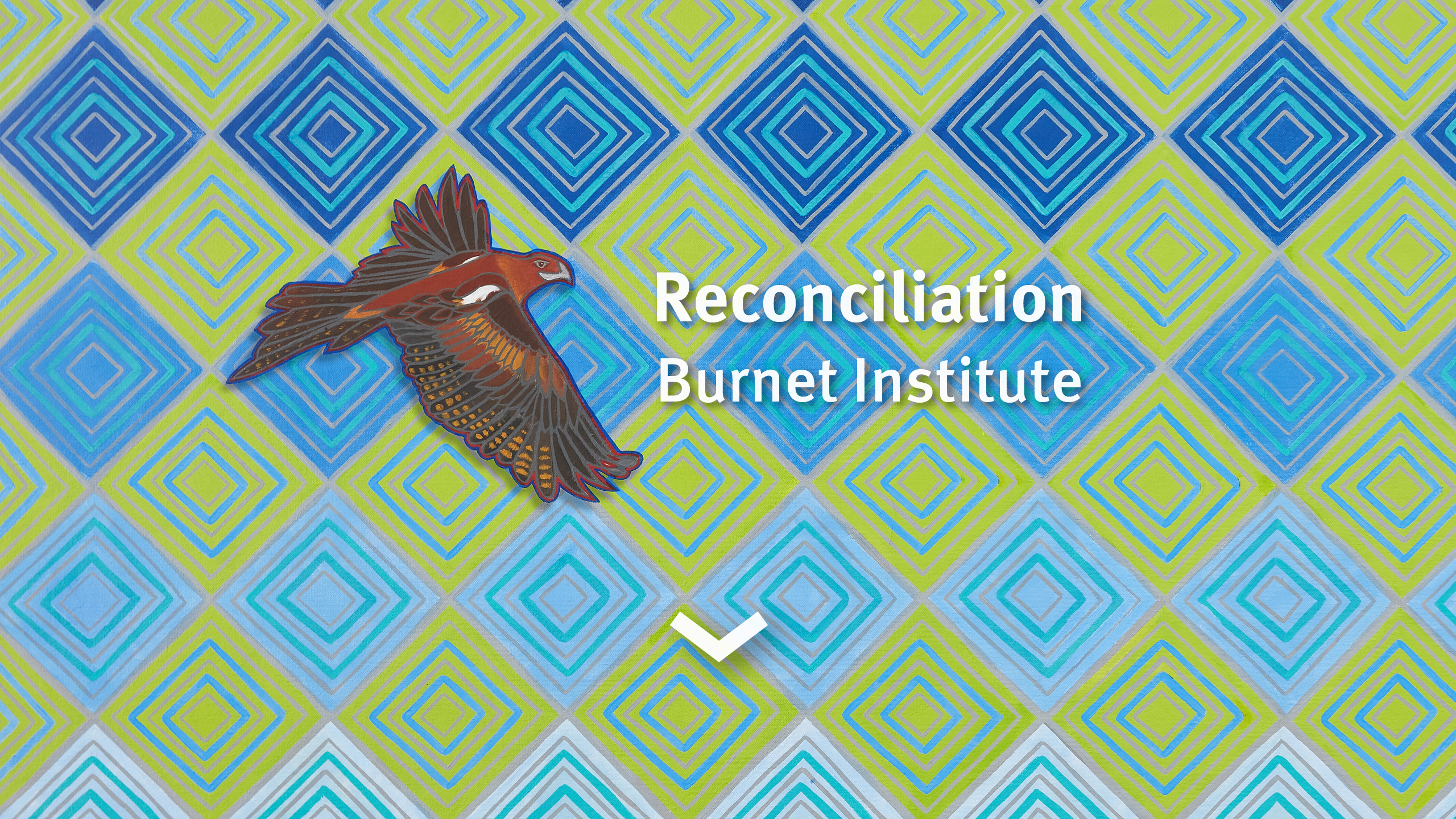
Our vision for a more equitable world through better health goes hand-in-hand with our commitment to reconciliation.
The health inequities experienced by Aboriginal and Torres Strait Islander peoples are the result of historical and ongoing harm resulting from colonisation, destructive government policies, loss of land, language and culture, forced removal of children from families, racism, discrimination and intergenerational trauma.
Through the process of reconciliation, we must acknowledge these past wrongs and injustices and take actions to strengthen relationships between Aboriginal and Torres Strait Islander peoples and non-Indigenous peoples for the benefit of all Australians.
“We want to ensure that everyone has the same opportunities and choices no matter their race, gender, religion, or sexuality and that heritage doesn’t determine the length and quality of an individual’s life.
In Australia and elsewhere, equity cannot be achieved without reconciliation with First Nations Peoples.”
Our Vision for Reconciliation
Our vision for reconciliation is to work with and alongside Aboriginal and Torres Strait Islander peoples to improve health outcomes through research.
As an institute, we strive to build and maintain strong and reciprocal relationships with the Aboriginal and Torres Strait Islander groups we work with. We will achieve this through listening, learning and collaborating, and ensuring that initiatives are led by Aboriginal and Torres Strait Islander people wherever possible.
We are committed to creating equal partnerships with Aboriginal organisations, communities and individuals that build capacity and opportunities for the self-determination of Aboriginal and Torres Strait Islander peoples.
We will encourage safe, respectful and culturally appropriate research practices in and outside of Australia.
We will work alongside Aboriginal and Torres Strait Islander peoples to achieve better health outcomes by building capacity for Aboriginal and Torres Strait Islander-led research which accelerates the translation of research, discovery and evidence into sustainable health solutions.
This vision of reconciliation, our actions and direction, will be led and embodied from the executive and board level through to all staff and students at the institute.
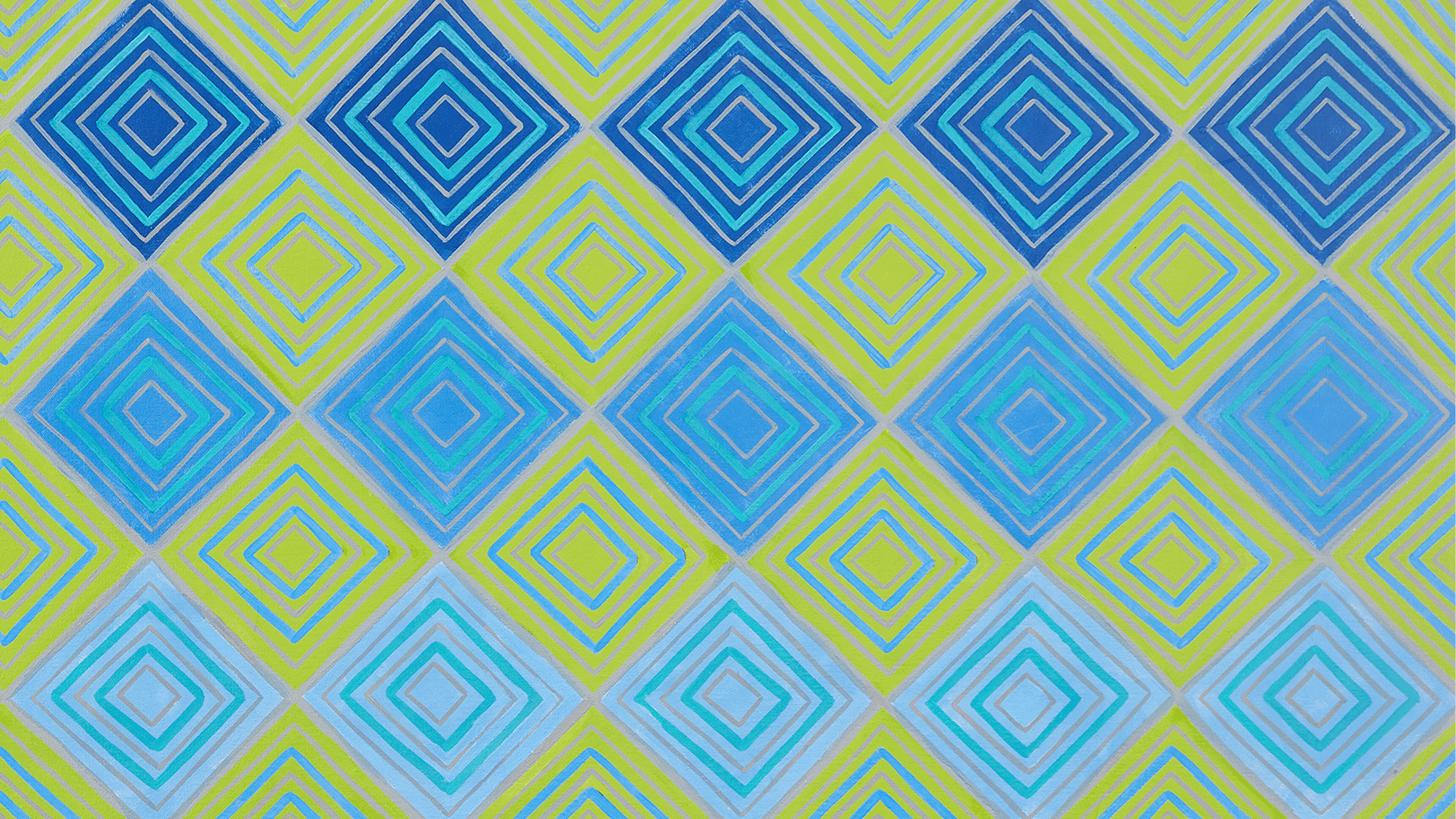
Burnet’s Reflect Reconciliation Action Plan
In 2022, we proudly launched our first Reconciliation Action Plan (RAP).
The Reflect RAP 2021–2022 represents our formal commitment to strengthen our relationships with Aboriginal and Torres Strait Islander people, stakeholders, and communities, and to help promote opportunities for equitable and equal participation of Aboriginal and Torres Strait Islander peoples in shaping our work and our world.
It outlines actions we will take across four key areas – relationships, respect, opportunities and governance – to embed reconciliation into all levels of the organisation and all facets of our work.
How we’re Implementing the Reflect RAP
Our Reflect RAP is overseen by a RAP committee consisting of Aboriginal and non-Indigenous staff and students under the stewardship of Burnet’s Gender, Equity, Diversity and Inclusion Committee. The implementation of the plan Plan will be carried out by staff and students of all disciplines and departments across the institute.
Our RAP Champion is Professor Brendan Crabb AC, Director and CEO. He is ideally placed to oversee the institute’s commitment and progress in meeting RAP objectives.
A key objective of the Reflect RAP is developing an institute-wide approach to culturally appropriate and safe research that is conducted with integrity, in collaboration with Aboriginal and Torres Strait Islander communities, and that makes a meaningful difference to Aboriginal and Torres Strait Islander health outcomes.
The Reflect RAP was driven and developed by Burnet staff and students under the guidance of the institute’s Reconciliation Action Plan Committee, working with Reconciliation Australia. It is the first official step on our reconciliation journey, and we intend to build on this by developing and improving our reconciliation activities in subsequent RAPs.
“We're trying to create a culture at the institute that will be sustainable, and to do that we need to be honest in addressing – Why wasn't it there before? Why are we trying to do it now? How do we keep it there? And I think that's fundamental. How do we make this happen for as long as Burnet exists?”
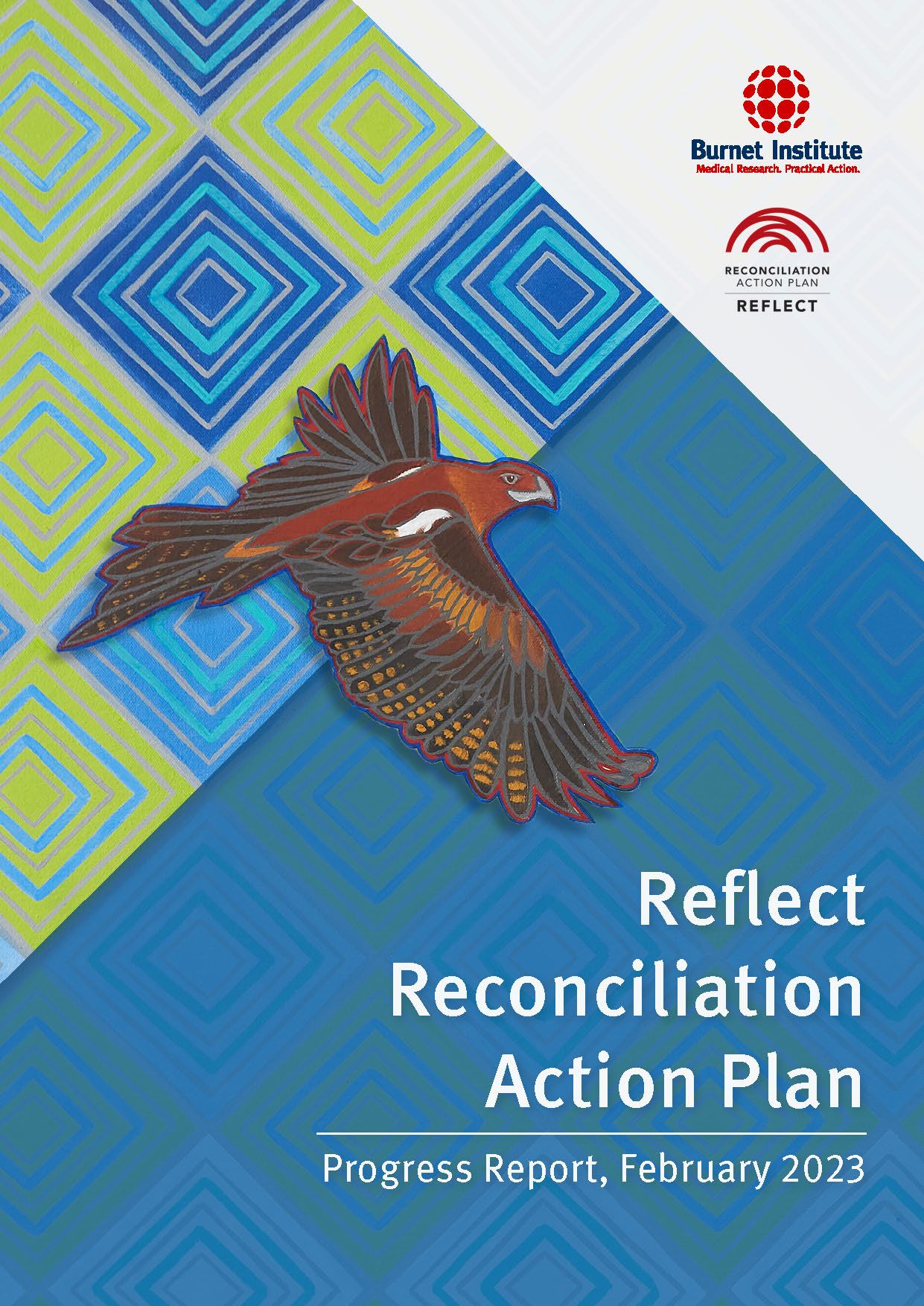
Our Progress
Since launching the Reflect RAP, Burnet has achieved a number of outcomes across all four reconciliation action areas – relationships, respect, opportunities and governance.
Outcomes include:
- Incorporating RAP artwork and Acknowledgment of Country plaques throughout our Melbourne building to raise awareness and pay our respect to the Traditional Owners of the land where Burnet is situated.
- Engaging the Victorian Aboriginal Community Controlled Health Organisation (VACCHO) to provide Aboriginal Cultural Safety Training to sixty staff.
- Developing and strengthening relationships with Aboriginal and Torres Strait Islander stakeholders and organisations, including the Wurundjeri/Woi Wurrung Cultural Heritage Aboriginal Corporation, the Boon Wurrung Foundation, and the Bunurong Land Council who have performed Welcome to Country ceremonies at important Burnet meetings and events.
- Endorsing and funding a business case for increasing Aboriginal and Torres Strait Islander employment and career development opportunities within the institute. Over the next 10 years we will establish a training program that builds capacity and capability of Aboriginal and Torres Strait Islander researchers and public health practitioners.
- Growing Burnet’s RAP Committee from 6 initial members in 2019 to 15 members in 2022, including students and staff in senior roles from across all disciplines within the organisation.
Download our 2023 progress report below.
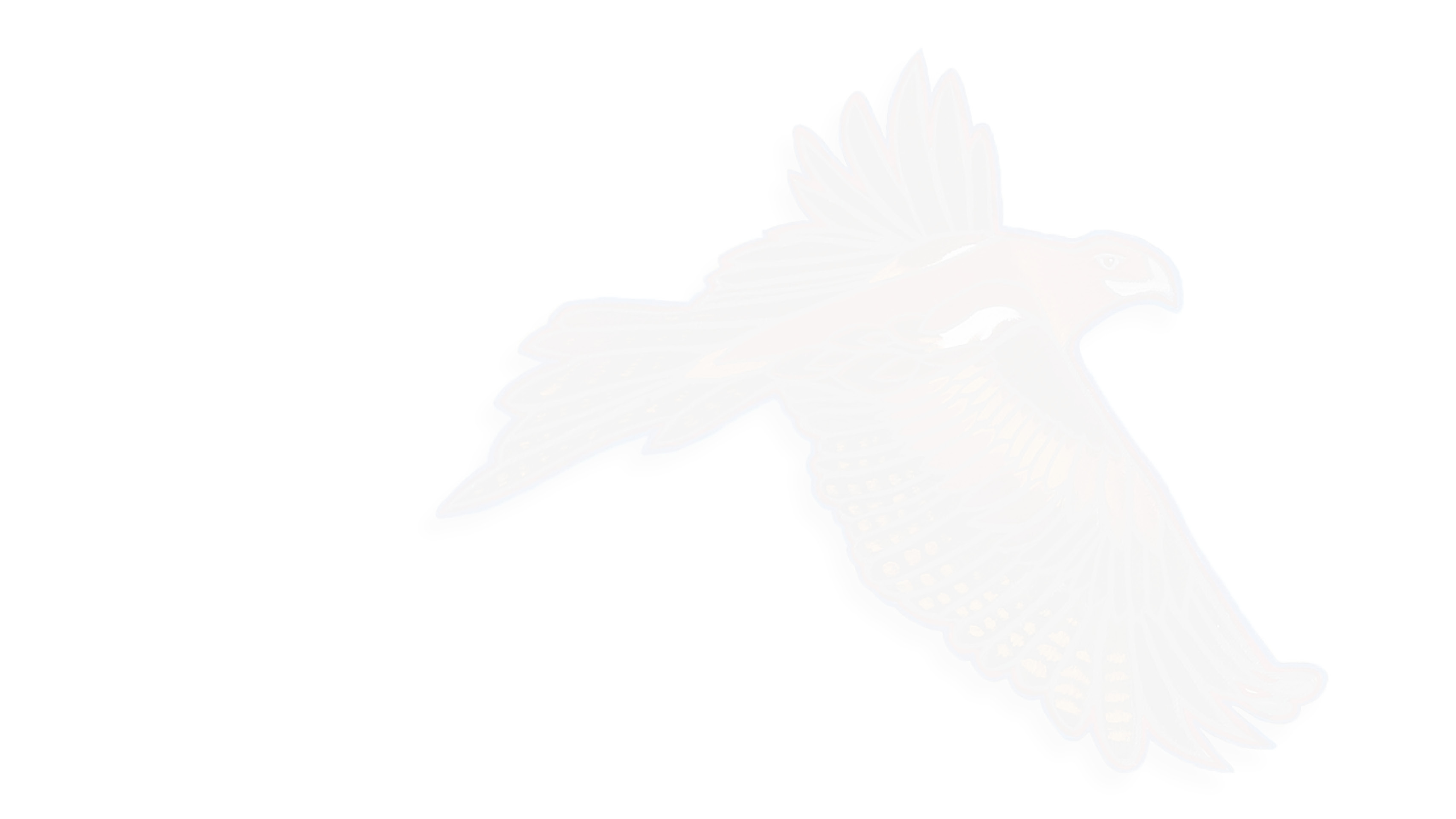
Burnet's RAP Artwork
Bunjil The Creator, 2021 | By Stacey
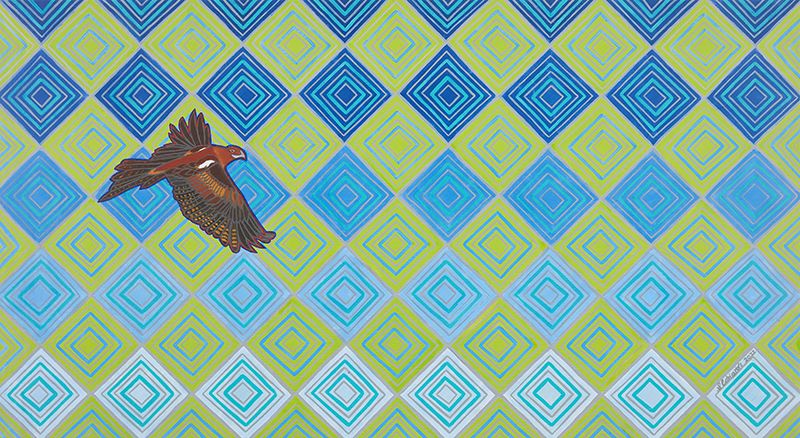
About the Artwork
Bunjil is the creator of the Kulin nations. He takes the shape of a wedge-tailed eagle. Any guests of the Kulin nations have to follow two rules: to obey the laws of Bunjil, and to not harm the children or land of Bunjil.
About the Artist
Stacey is a Taungurung/Boon Wurrung woman with traditional connections to the Melbourne region.
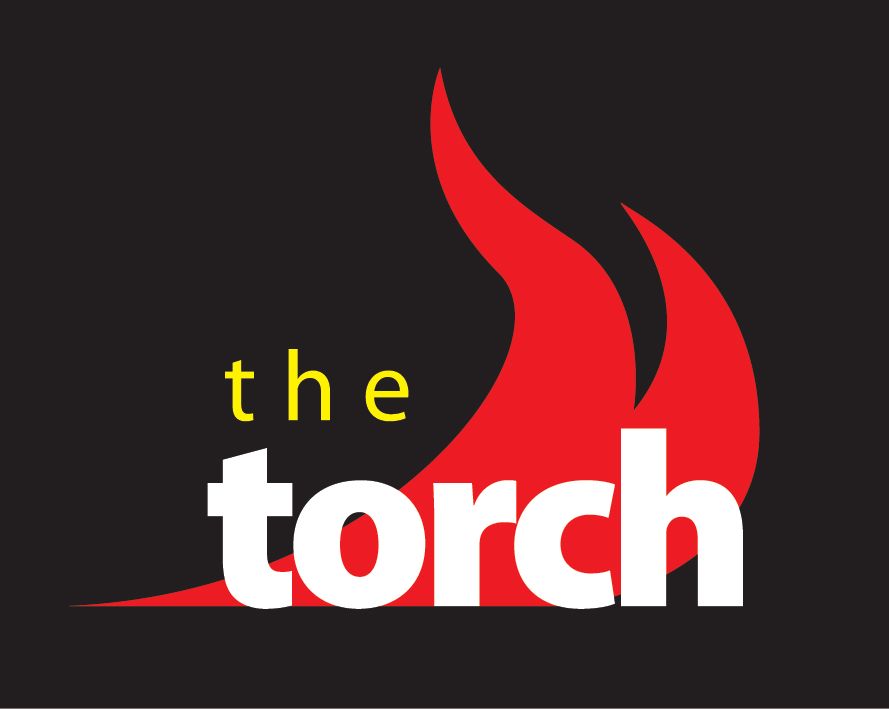
Reconciliation is an ongoing journey. We are proud of the progress we have made on the path to reconciliation, while recognising that there is still much more to be done.
“It is my hope that this journey will help to strengthen the respect, trust and positive relationships between Burnet Institute and Aboriginal and Torres Strait Islander peoples and contribute to the national vision of a just, equitable and reconciled Australia.”

Acknowledgement of Country
Burnet Institute Board, staff and students recognise the Traditional Owners and Custodians of the land on which we live and work.
We are proud to acknowledge the Bunurong people of the Kulin Nations as the Traditional Owners and Custodians of the land on which our head office is located and recognise their strong and ongoing connection to Country. Recognising the ongoing impact of colonisation and intergenerational trauma on Aboriginal and Torres Strait Islander peoples, our position as a leading medical research institute demands that we strengthen our commitment to close the gap in health outcomes.
To do this, we are working to develop and maintain strong relationships with Aboriginal and Torres Strait Islander communities both locally and nationwide. Unequivocally, we need to ensure that Burnet Institute becomes a safe, respectful and inclusive workplace for First Nations people and that research initiatives pertaining to Aboriginal and Torres Strait Islander matters rest in the hands of Aboriginal and Torres Strait Islander peoples.
